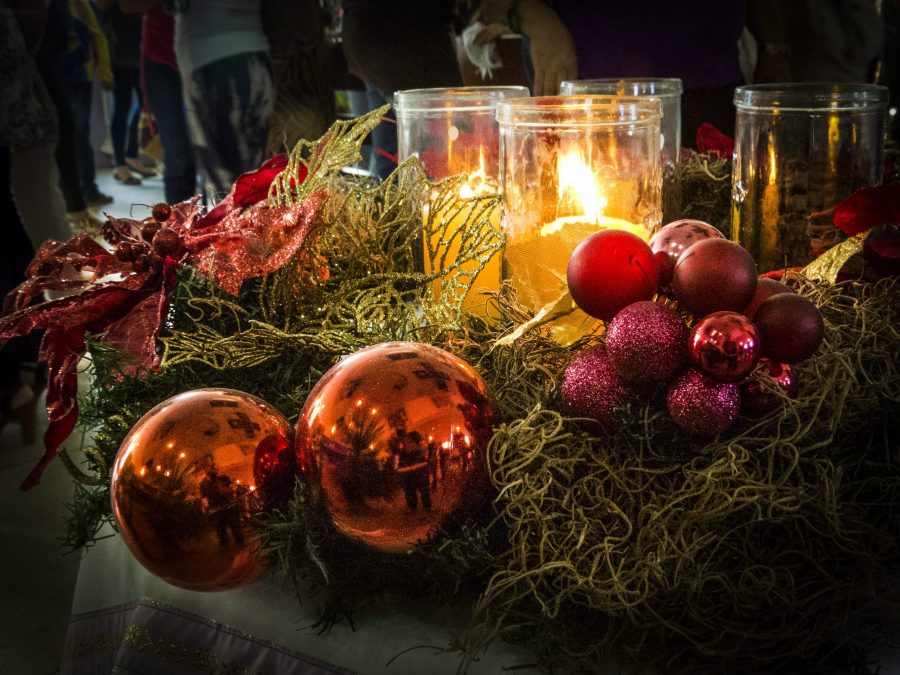In these days of December, as we walk through the streets of any of our cities, we come across the hustle and bustle of consumerism, which the omicron variant has not managed to defeat, at least for the moment. The spectacle of the multitude of lights in the streets and the infinite number of items in the shops is fascinating and irresistibly seductive. Is it also a symbol of a Christmas rich in products to the point of excess but poor in spirituality to the point of exhaustion?
At Christmas we are threatened by obesity. Countless WhatsApp spread it shamelessly. It is listed as one of the diseases of opulence along with diabetes, hypertension and arteriosclerosis. At Christmas we eat too much and badly. This disease shoots up unchecked at this time of year. There are family meals, work meals, meals with friends… to the point of exhaustion. Social and environmental factors, which are not harmful in themselves, make it very difficult for us to control and avoid gorging. There is no human stomach capable of healthily metabolising the amount of food that can be consumed these days. And we know all too well that when we overeat, little by little, the body gains weight dangerously until it becomes deformed and damages essential vital organs such as the kidneys, heart, pancreas, brain, etc., in a merciless way. This gastronomic Christmas becomes a dangerous risk factor.
One day Chesterton, the famously obese English thinker, jokingly confessed what should not be a laughing matter: “Yesterday on the underground I had the pleasure of offering my seat to three ladies! Let’s pay attention to this fact: for us Westerners, a Christmas nightmare is obesity, the post-Christmas commandment will be dieting, even if the dominant impulse now is shopping, the prelude to splurging… But we must not forget that for so many of our brothers and sisters, some more distant and many closer to us… (Fratelli tutti!)… their Christmas nightmare will once again be hunger, their commandment, survival, and their impulse will be to rummage through the opulent rubbish of our wastefulness.
St Paul summed up Christmas in a phrase that should sound more like an invitation than a reproach: “Christ, though he was rich, yet for our sake became poor, that he might enrich us through his poverty” (2 Cor 8:9). Jesus put himself “on a diet of divinity” when he came into the world. He did the salutary exercise of making Himself small and poor, the last in line. Looking at Him, so small, let us not be dazed by the fatuous fires of consumerism, of spending or eating to the point of illness. Let us learn the lesson of the Child of Bethlehem for this Christmas: Eat – consume – less and love more. Authentic love has two sides: sharing with others and suffering for them. To love we must become small and govern our destructive desires.
Juan Carlos cmf
(PHOTO: Carlos Daniel)






